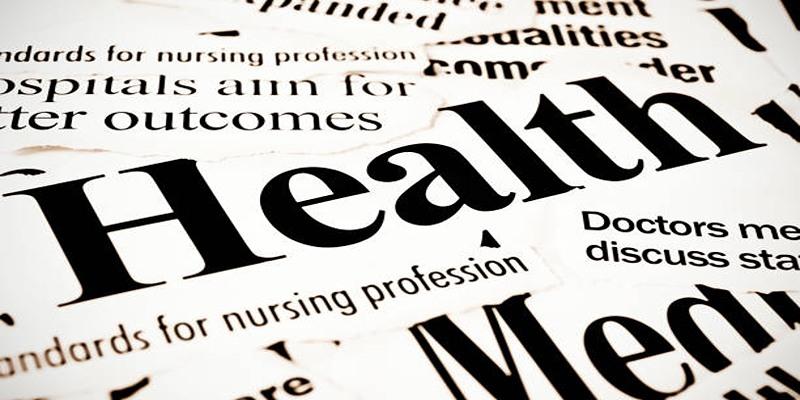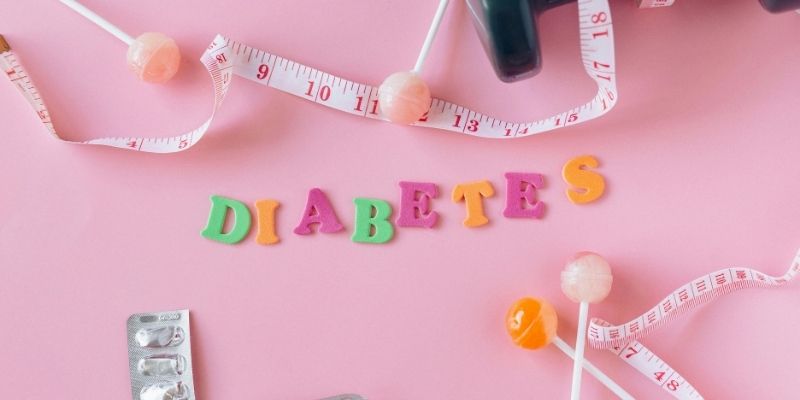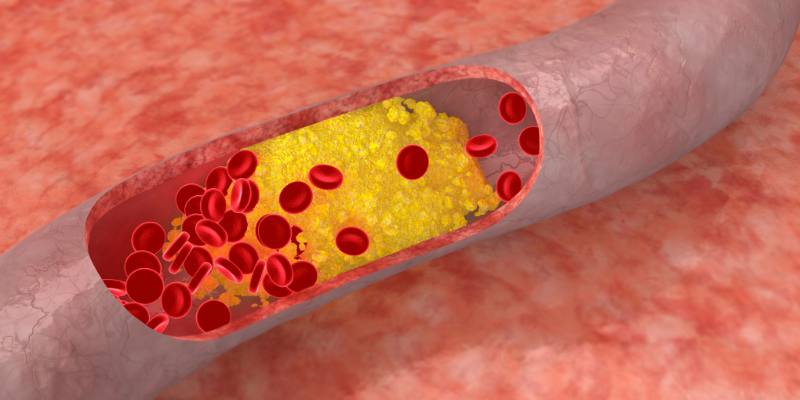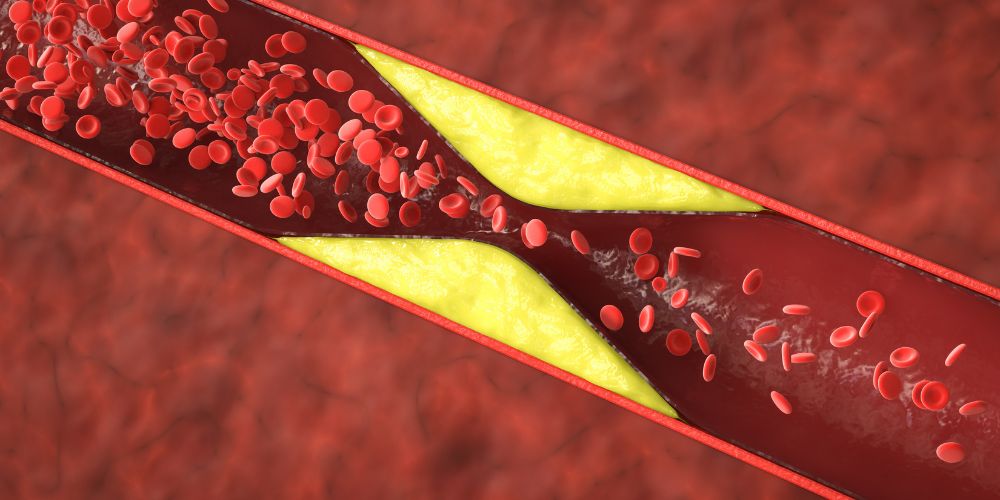How to Spot Misleading Health Headlines Before They Impact You
Disease news and modern medicine headlines fill today’s newspapers and television programs with glamorous promises of curing diseases, finding new breakthroughs, and resolving many problems down to the molecular level. However, not all health news is equal. Self-promoting and therefore often untrue and half-baked information pertaining to health is constantly on the rise and its consumption may often cause increased anxiety, unnecessary panic or a wrong conclusion. In this article, the we will explain the reasons why headlines of the health topics may be misleading and give you the decision-making instruments.
Understanding Misleading Headlines

Many sensational health headlines rely on tactics to grab attention rather than convey the full truth. Disconnected from the nuances of scientific research, these headlines often oversimplify or exaggerate findings, aiming to spark viral interest. Common tactics include:
Overgeneralizations
Health studies often take findings from small, specific groups and present them as universal truths. This can lead to broad claims about diet, fitness, or disease prevention that don't apply to everyone. For example, a study on a niche population may suggest benefits from a particular diet, but those results might not hold true for other groups with different genetics, lifestyles, or health conditions, creating misleading expectations.
Cherry-picked Data
Selective reporting is a common issue in health studies. Researchers or media outlets may focus only on positive outcomes, ignoring contradictory results or critical details. For instance, a study might highlight weight loss results from a particular supplement while omitting side effects or longer-term risks. This incomplete picture can mislead readers, making them believe the study’s findings are more conclusive or universally beneficial than they actually are.
Clickbait Language
Terms like "cure," "revolutionary," or "breakthrough" are often used to sensationalize health studies, regardless of the actual results. These exaggerated claims can give a false impression of certainty or immediate applicability, even when the research is preliminary. Such language is designed to grab attention but often misrepresents the study's scope or limitations, misleading readers into believing they’ve found a definitive solution to complex health issues.
Consider this example headline: “This One Superfood Will Cure Cancer!” Such claims refuse to acknowledge the complexity of cancer treatment and scientific studies. They cater to emotional appeal and public hope while concealing crucial context behind the research.
Identifying Reliable Sources
Not all sources of health information are reliable, making it essential to evaluate where the information is coming from. Reputable health news is typically drawn from trustworthy sources such as peer-reviewed journals, government health departments, universities, or recognized health organizations (e.g., the World Health Organization or Centers for Disease Control and Prevention). A few characteristics to look for in reliable sources include:
- Transparency: Reputable outlets clearly state their sources, include relevant citations, and provide details of the study referenced in the article.
- Scientific Backing: Articles should rely on data published in respected journals and avoid presenting preliminary results as conclusive evidence.
- Expert Opinions: Reliable information often features commentary or analysis from qualified professionals in relevant fields, rather than relying on anonymous or unqualified claims.
Tips for Critical Evaluation
When faced with dubious health headlines, equipping yourself with critical thinking skills is fundamental. The following tips will help you evaluate a claim for accuracy and reliability:
- Fact-Check the Claim: Make it a habit to cross-check health information with reputable sources. Consider visiting the original study, if available, or obtaining insights from established health organizations.
- Look Beyond the Headline: A compelling headline might not accurately reflect the details of the article. Read the full text to understand the context, methodology, and conclusions of any research referenced.
- Examine the Evidence: Beware of articles based on single studies, small sample sizes, or preliminary findings. Peer-reviewed studies that have been replicated across diverse populations are more reliable.
- Verify Funding Sources: Investigate whether the study was influenced by potential conflicts of interest, such as corporate sponsorships from pharmaceutical or food companies that may bias the results.
- Consider Alternative Perspectives: Seek additional commentary or analysis from experts in the field to see whether there is a consensus among the scientific community.
Consequences of Acting on False Information
Treating misleading health headlines as credible sources can have serious implications. On an individual level, believing and acting on inaccurate claims can lead to poor health decisions, unnecessary spending, and delayed access to proper medical care. For example, individuals convinced by inaccurate claims about a “miracle” diet might restrict critical nutrients, causing long-term harm to their physical and mental well-being.
The societal impact of false health information can be even more alarming. The rapid spread of misinformation can undermine public health efforts, such as vaccination campaigns or disease prevention strategies. Consider how misconceptions about vaccines have contributed to reduced immunization rates in some regions, enabling outbreaks of preventable diseases like measles or whooping cough. By falling prey to sensationalized headlines, we risk eroding trust in the scientific community and its ability to guide evidence-based actions.
Staying Updated Responsibly

Staying informed while avoiding the trap of sensational health headlines means utilizing trustworthy resources. Here are some dependable tools and strategies:
Follow Credible Organizations
Stay informed by using trusted sources like the CDC, WHO, NIH, or reputable sites like Mayo Clinic. These organizations provide accurate, evidence-based updates on health topics. Follow their websites, newsletters, or social media for the latest research, guidelines, and news. Stick to credible sources to avoid misinformation.
Use Reliable News Platforms
Major newspapers or media outlets with health journalists are great for well-vetted health news. Outlets like The New York Times or BBC have teams that fact-check and simplify complex topics. Avoid sensational headlines from untrustworthy sites, which often spread misinformation. Reliable reporting gives you clear, balanced updates.
Learn Basic Scientific Literacy
Understanding scientific terms and methods helps you evaluate health information critically. For instance, knowing the difference between controlled experiments and observational studies can reveal a study's reliability. Learn to spot red flags like small sample sizes or unsupported claims. A basic grasp of science empowers you to interpret findings and avoid flashy but flawed reports.
Engage with Healthcare Professionals
When in doubt, consult certified healthcare professionals. Doctors, nurses, or dietitians can clarify health news and explain how it applies to you. They help you separate credible updates from misleading trends. Regular communication with a trusted provider ensures informed decisions based on accurate, personalized advice.
Conclusion
The natural world and its marvels, such as rainbows and outdoor activities, offer profound appreciation and numerous benefits for our well-being. Observing nature's wonders sparks inspiration and joy, while engaging with the environment promotes physical health and mental clarity. Whether through the fleeting beauty of a rainbow or the invigorating experience of outdoor adventure, these moments remind us of the intricate connection between humanity and nature. By taking time to cherish and immerse ourselves in these experiences, we cultivate a sense of harmony, balance, and gratitude that enriches our lives.












